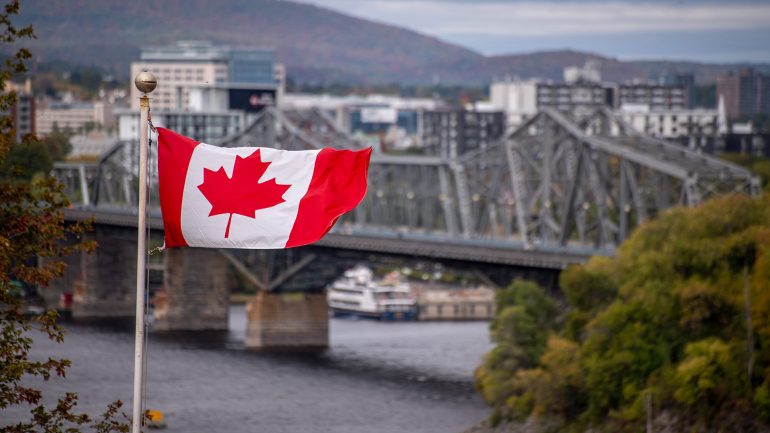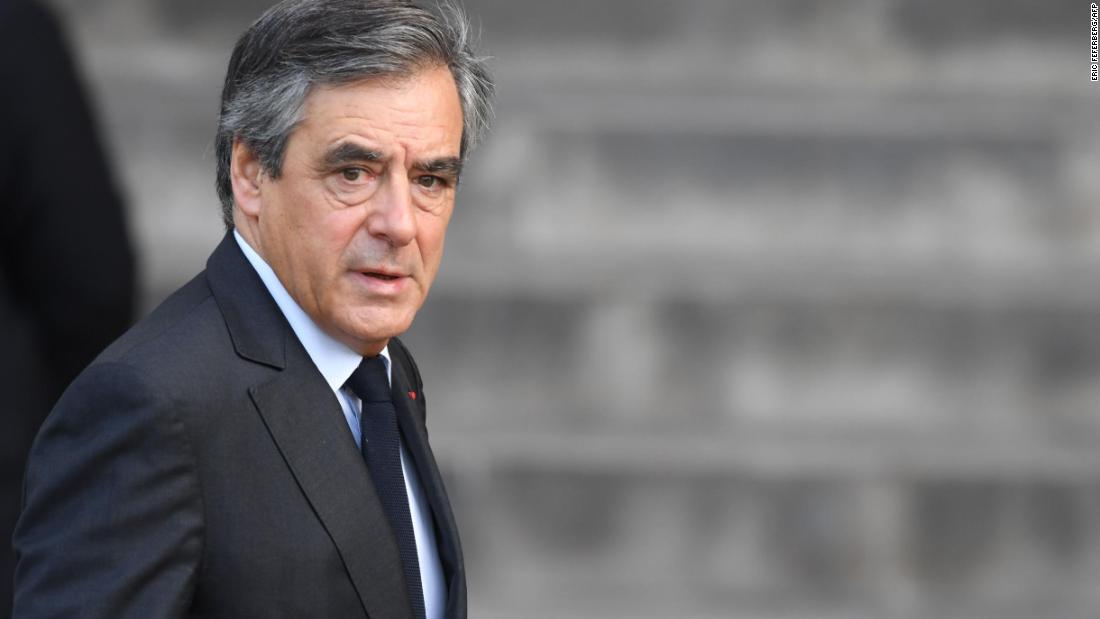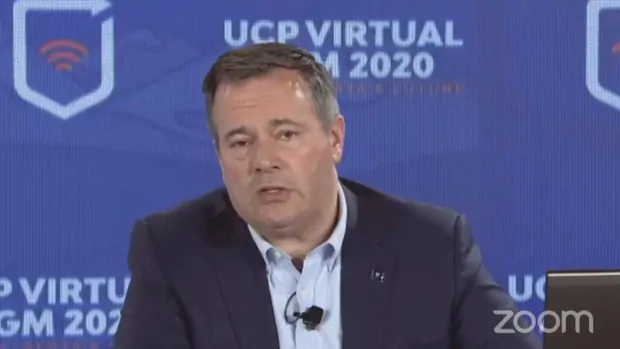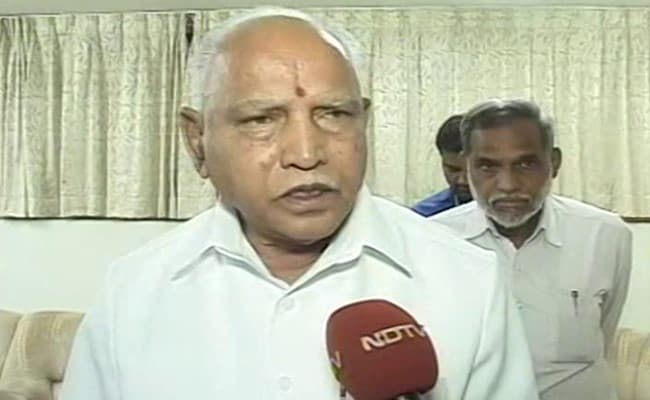Status: 11/30/2022 11:23 am
The federal government wants to make naturalization easier for skilled workers. Canada already has a special system for this: points are awarded based on merit and experience. Could this be the norm for Germany?
In the late 1960s, Canada faced problems similar to those of Germany today: there was a shortage of skilled labor to remain competitive and maintain social order. Until that time, Canada was dependent on immigration from Europe – mainly from Great Britain and France.
“And then a very bold and far-reaching decision was made,” says Oliver Schmidtke of the Center for Global Studies at the University of Victoria in western Canada. Then-Prime Minister Pierre Elliott Trudeau, father of current Prime Minister Justin Trudeau, changed Canada’s immigration system – “away from area of origin towards meritocracy”.
Points for skill and experience
In 1967, the Government of Canada then introduced a sophisticated point system. Criteria established – such as training, professional qualifications, language skills or work experience. These were then summarized in a number system, says Schmidtke. Depending on their qualifications and experience level, each person receives a certain number of points. “Right now you need a score of 67 out of 100 to qualify as an immigrant to Canada,” says the professor.
That’s how Schmidtke came to Canada in 2000. Last year he analyzed for the Konrad-Adenauer-Foundation the immigration and integration policies of his host country, which have been adopted repeatedly over the past decades. Schmidtke says, “Sometimes people used to say that we needed so many engineers now, and so many mechanics next year. But it proved difficult.” Because there are time changes that make such planning difficult.
“economic migrant”
Ultimately, however, the point system has proven itself in his opinion. This made it possible to ask for general qualifications and experience and “see who are the people we can best recruit? Who has the most potential for our economy?”
People who come to Canada in this way are also called “economic immigrants”. Most of them come from India, Pakistan and China. For the past 20 years, at least one per cent of Canada’s population has been recruited from abroad each year, regardless of who is running the country.
canada wants more immigrants
That number is set to increase further, says responsible minister Fraser, as the country continues to grapple with a labor shortage despite immigration. “This year’s immigration plan responds to this challenge: the target of 431,000 immigrants this year should increase to 465,000 next year,” says the minister. “And then 500,000 people a year by 2025.”
The focus should be on issuing permanent visas to those with requisite qualifications and professional experience. The government also wants to make sure that immigrants can actually work in their profession. According to Schmidtke, this is what is lacking in the Canadian point system.
from doctor to taxi driver
“Recognition of foreign qualifications, titles as well as work experience, is a big problem,” he says. Europeans are often given an advantage because they know the system. Immigrants from other parts of the world, on the other hand, “face huge problems” in getting their work experience or qualifications recognized.
This is especially true for doctors, engineers and teachers. Which is why it may well be that even in Canada, highly qualified immigrants end up driving taxis to make a living. More than 20 percent of immigrants eventually turn their backs on Canada in desperation.
The points system could certainly be a role model for Germany, says Schmidtke, even though it has much more uncontrolled immigration than Canada. Germany has to find a balance here: between dealing with irregular immigration such as refugees on the one hand and “the willingness and courage to establish its immigration policy more openly and comprehensively” on the other. According to the professor, the country needs the courage to “recruit large numbers of foreign specialists over the next few decades”.

Devoted web advocate. Bacon scholar. Internet lover. Passionate twitteraholic. Unable to type with boxing gloves on. Lifelong beer fanatic.






